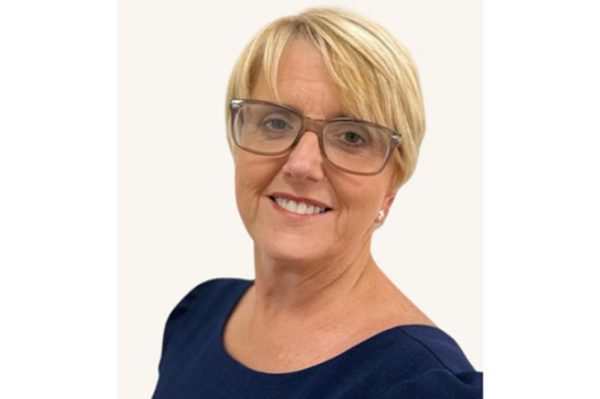Support quality, independent, local journalism…that matters
From just £1 a month you can help fund our work – and use our website without adverts. Become a member today

Gwent’s NHS board has reported its best performance against cancer targets yet – but has still fallen short of national expectations.
Health boards in Wales have a target that at least 75% of patients with suspected cancer are seen, diagnosed, and treated within 62 days. Constraints in the system however mean the country’s six health boards are working towards a 70% target.
Speaking at a meeting this month, Leanne Watkins, the chief operating officer for the Aneurin Bevan University Health Board (ABUHB), confirmed its performance against the single cancer pathway at the end of March was 67.5%.
Why is Caerphilly in Gwent?
Caerphilly County Borough was formed on April 1, 1996, by the merger of the Rhymney Valley district of Mid Glamorgan with the Islwyn borough of Gwent.
Administratively, for local services such as the police and health, the borough now falls under a wider region referred to as Gwent. This comprises the council areas of Caerphilly, Newport, Torfaen, Blaenau Gwent and Monmouthshire.
She said: “It is our best performance by some way.”
Presenting ABUHB’s annual cancer report, Ms Watkins said the average wait for a first outpatient appointment for an urgent suspected cancer is 11.9 days.
She said: “I think the target in England is 14 days so we are doing exceptionally well.”
ABUHB’s chief executive, Nicola Prygodzicz, said there had been a massive increase in the number of people seen with suspected cancers in Gwent since 2019, when 29,000 people were referred for a suspected cancer.

That figure increased to 43,064 in 2024 – but of those, only 4,995 were diagnosed with cancer, which is 11.6%.
Ms Prygodsicz acknowledged “the horrendous” wait of any length for confirmation but said: “38,000 people thought they had cancer and they didn’t.”
For many cancers, national guidance is that boards reach a diagnosis and inform patients within 28 days, but the report hasn’t specified ABUHB’s performance against this measure.
At the board meeting it was also stated patients should be encouraged to take a potential diagnosis seriously straight away, rather than putting off tests for holidays or other reasons.
Independent board member Penny Jones urged the health board to share “the good news” about cancer treatment.
She said: “Cancer is frightening. Let people know about the progress as people think ‘I’ll not go to the doctors, it’s death’. It isn’t any more in every aspect. Put the good news out there.”
The report shows 58.6% of people survive their cancer for five years or more across the ABUHB area. However in the most deprived areas, that figure drops to just 18%.
Though cancer accounted for a quarter of all deaths in Wales, in 2022, four in ten cancers diagnosed annually in Wales could be prevented.
The most common cause of cancer in Gwent in 2023/24 was skin cancers, including malignant melanoma with 993 cases. This was followed by 658 breast cancer cases, 526 colorectal cancers, and 406 prostate cancers.
The health board is slightly above Welsh average uptake for breast, bowel and cervical cancer screenings, but there is a 15% difference in uptake for all screening programmes between the most and least deprived citizens.
Ms Watkins said the board has to have the “right messaging to encourage people to come forward” and said there is also a need for “simplistic language”, citing the average reading age in Gwent as 12-years-old.
“We need to be pretty stark in terms of messaging so people can make the best choice.”
Support quality, independent, local journalism…that matters
From just £1 a month you can help fund our work – and use our website without adverts.
Become a member today
